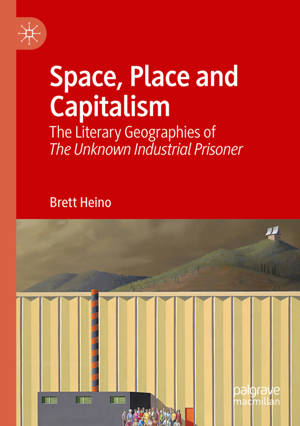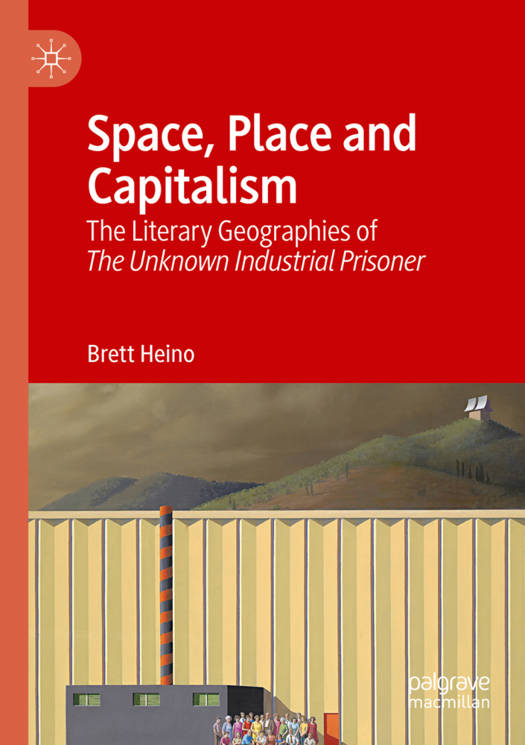
- Afhalen na 1 uur in een winkel met voorraad
- Gratis thuislevering in België vanaf € 30
- Ruim aanbod met 7 miljoen producten
- Afhalen na 1 uur in een winkel met voorraad
- Gratis thuislevering in België vanaf € 30
- Ruim aanbod met 7 miljoen producten
Space, Place and Capitalism
The Literary Geographies of the Unknown Industrial Prisoner
Brett HeinoOmschrijving
This book is an original contribution to literary geography and commentaries on the work of David Ireland. It plots the relationship between the spaces and places of 1970s Australian capitalism as it evolves through Ireland's 1971 Miles Franklin prize-winning novel The Unknown Industrial Prisoner. In particular, the book theorises the relationship between space and place in literature through two highly innovative arguments: a focus on the spatial unconscious as a means to assess and track the spatiality of capitalism in the novel form; and the articulation of a regime of space through the perceived, conceived and lived constitution of space. Drawing together concepts from radical geography and structural Marxist literary theory, it explores the dominance of the regime of abstract space in the Australian context. The text also examines the nature and possibilities of place-based strategies of resistance, and concludes by suggesting opportunities for futureresearch and plotting the ways in which The Unknown Industrial Prisoner continues to speak to contemporary Australia.
Specificaties
Betrokkenen
- Auteur(s):
- Uitgeverij:
Inhoud
- Aantal bladzijden:
- 204
- Taal:
- Engels
Eigenschappen
- Productcode (EAN):
- 9789819972302
- Verschijningsdatum:
- 17/11/2023
- Uitvoering:
- Paperback
- Formaat:
- Trade paperback (VS)
- Afmetingen:
- 148 mm x 210 mm
- Gewicht:
- 263 g

Alleen bij Standaard Boekhandel
Beoordelingen
We publiceren alleen reviews die voldoen aan de voorwaarden voor reviews. Bekijk onze voorwaarden voor reviews.











